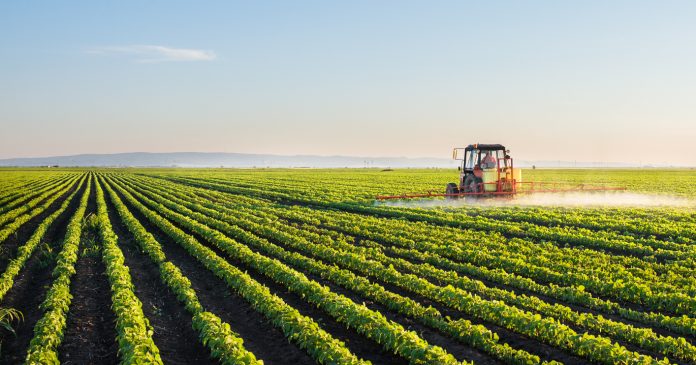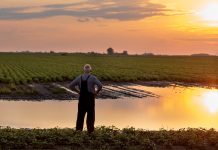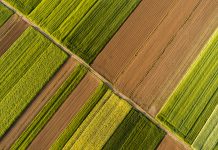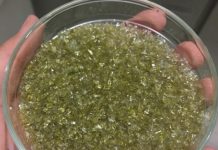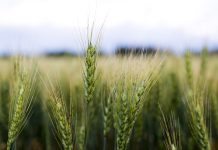HCR Law experts walk us through what we need to know about artificial intelligence and machine learning in agriculture
In an interview with Open Access Government, Rory Hutchings, Steve Thomas, and Bryn Thomas from HCR Law discuss the increasing importance of artificial intelligence (AI) and machine learning (ML) in agriculture. They point out that global agriculture faces the challenge of producing sufficient food to meet the demands of the projected 10 billion population by 2050. This aligns with one of the European Commission’s key priorities in agriculture, which is to ensure that the sector remains current and sustainable by adapting to changing technologies. (1)
A report was published in March 2024 highlighting the positive outcomes achieved under the EU’s long-term rural vision since 2021. The report also offered suggestions for future work. Janusz Wojciechowski, the Commissioner for Agriculture from 2019 to 2024, emphasised the importance of working with rural communities and listening to their needs. He believes that finding solutions that recognise and address their needs is crucial. (2) The question arises whether AI and ML could play a role in achieving these goals.
What is the role of technology in global agriculture?
Regarding AI and ML in agriculture, the first point to make is that the world population is projected to start declining after 2050, so arguably, the need to produce food for 10 billion people is a short- to medium-term issue. There is little doubt that global agriculture can produce enough food to meet the needs of the planet, and technology will play a large part in assisting in increasing yields and reducing input costs.
A more nuanced question is whether food can be produced without causing irremediable damage to the planet’s ecosystem and reducing the ability to produce food after 2050. It may also mean a change in our expectations around food production and what we consume. For example, the protein conversion rates for red meat are relatively inefficient, whereas for chicken and fish, the protein conversion rates are significantly better. Likewise, it seems likely that there will be a move to the use of insects both as a food for human and animal diets. There has also been growth in technology that produces “grown” meat and protein equivalents.
AI and ML will be critical elements of the technology that will be needed to provide sustainable global food production.
Why is soil so crucial for the future of food production?
Without healthy soils, the ability to produce crops will diminish. Only with healthy, biodiverse soils with sufficient quantities of organic matter, can efficient crop production and increasing yields be achieved.
Will AI and ML quickly replace traditional methods of soil improvement?
AI and ML are likely to produce more accurate measurements, and the analysis of the data will allow a more structured approach to soil health improvement. Ultimately, though, soil health will depend largely on physical inputs of organic matter.
What are the obstacles to using AI to measure soil health?
As with any technological innovation, using AI to measure soil health will be expensive and not easily accessible to smaller farms. Farmers and land managers need the knowledge and expertise to use AI to its full potential which will require a lot of time. As crop production relies heavily on weather and climate change, frequent data collection is needed to ensure accurate and reliable soil analysis. The ability to predict and react to changes in conditions quickly is essential for farming’s efficiency and profitability. Can AI match the lived experience that farmers have had for years as part of their job?
In light of the sustainable farming incentive, the AI system will also need to account for the environmental consequences of achieving the best crop yield, namely overuse of fertilisers and soil erosion in the long-term. Further development and research are required to refine AI models and ML to improve their performance in soil analysis while facilitating sustainable land management practices.
So, where do you see AI and agriculture going from here?
Agriculture, like all other businesses, has to move with the times and embrace new technology, diversifying where practical. This involves investing in the technology available, understanding it, and using it to the best effect. AI could be the solution to the post-Brexit shortage of agricultural workers in the UK, helping drive forward production while limiting the costs associated with visas and work permits for migrant agricultural workers.
We could see a healthy balance of old and new – utilising agricultural workers and providing them with employment while technology continues to evolve and agricultural professionals continue to adapt to that technology.
If agricultural workers aren’t needed on the farm any more, their roles could be repurposed elsewhere, perhaps even in the testing of such technology; they know their jobs best.
Will farmers and landowners be able to harness the power of AI to make informed decisions based on data, use resources more efficiently, and adopt practices that will improve soil health while creating a more sustainable food system?
The answer is yes; AI’s impact really is to allow farmers and policymakers to understand and analyse the data. That would allow more targeted interventions and a better understanding of, for example, carbon sequestration. The opportunity is there for AI to support the farming industry, improve soil health, and enable a better understanding of the policy context for the agriculture industry.
Decisions on farming policy between now and 2050 will need to be based on evidence and science, not political whim and entrenched views. AI and ML will focus on data and science and, provided politicians don’t get in the way, the output is likely to be higher yields and a sustainable food production system.

